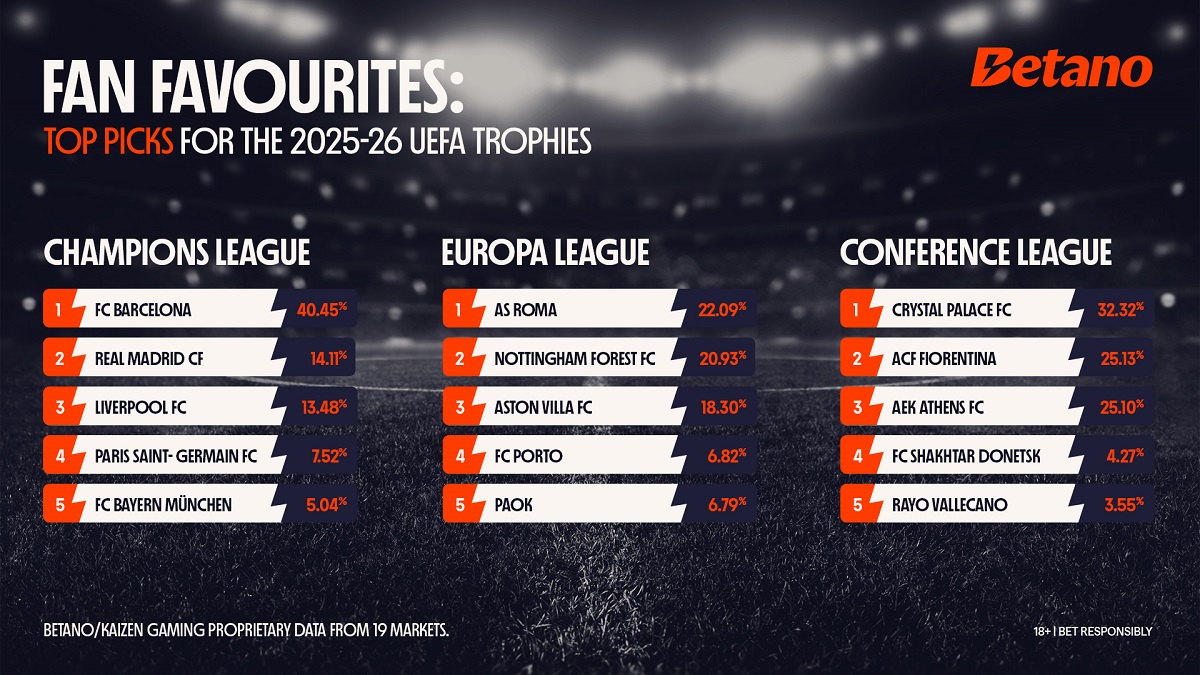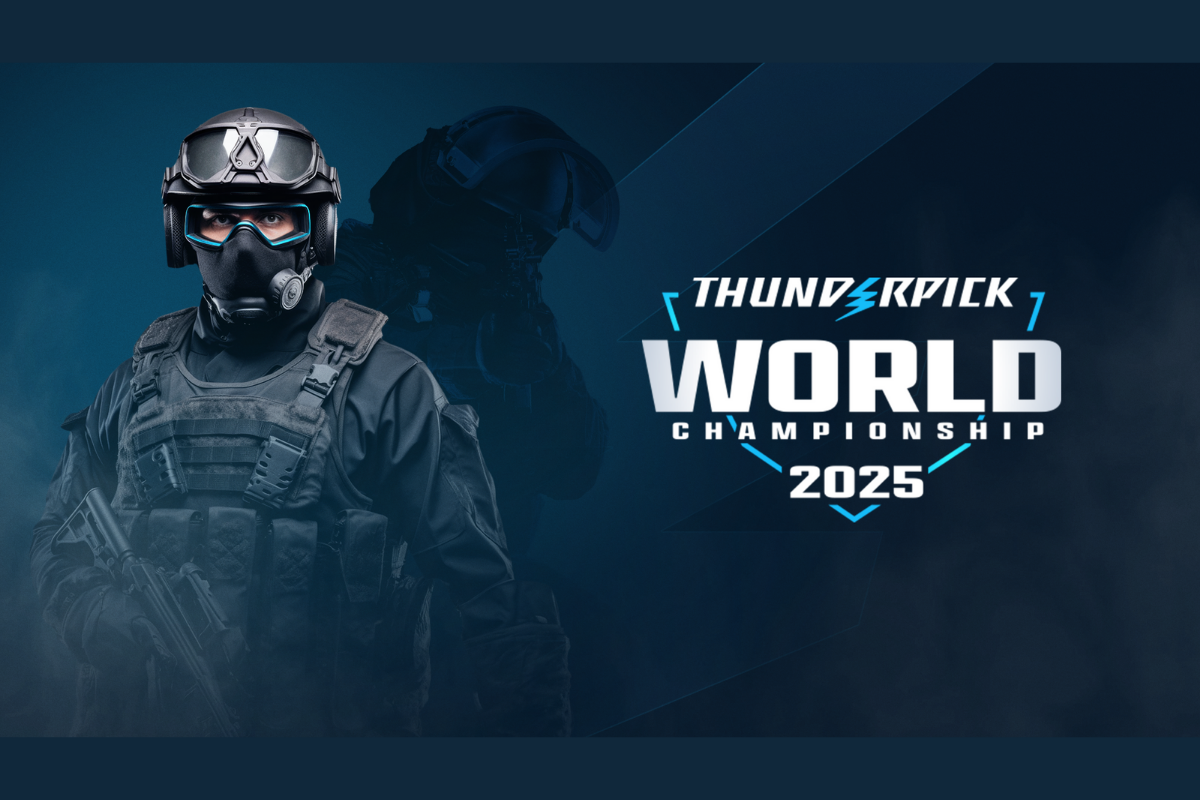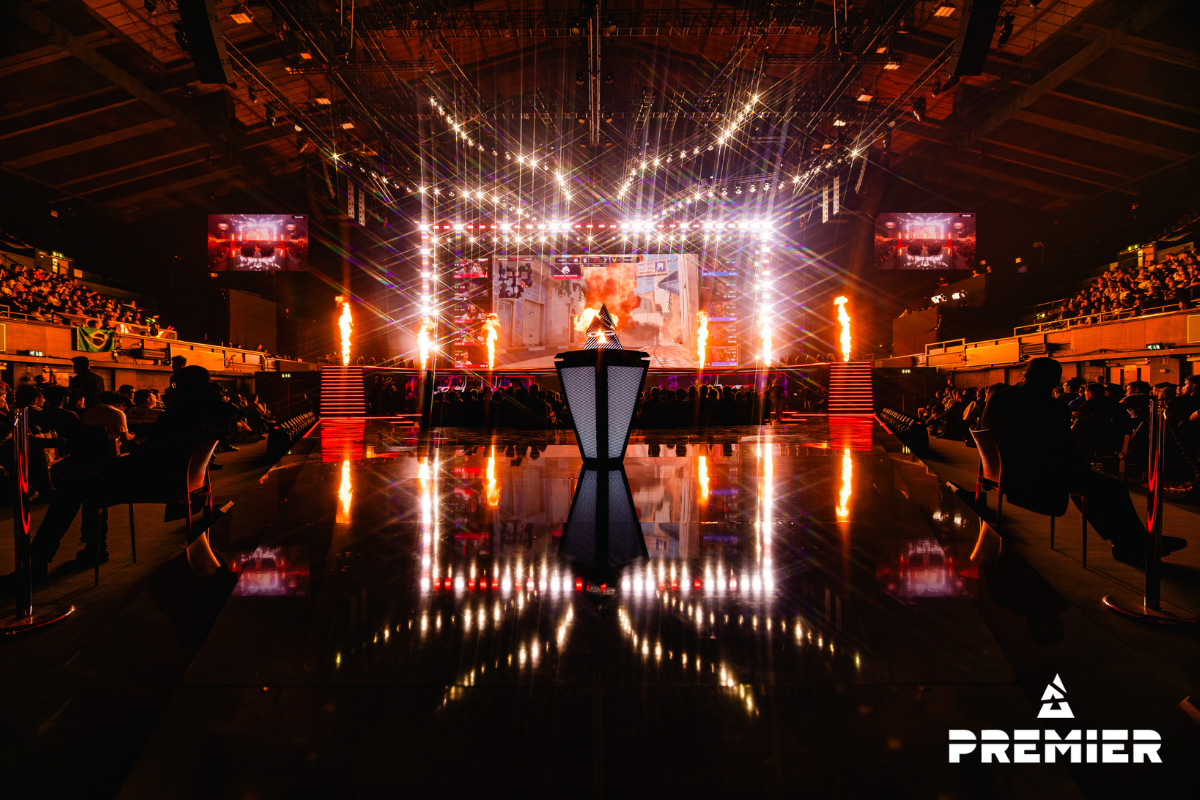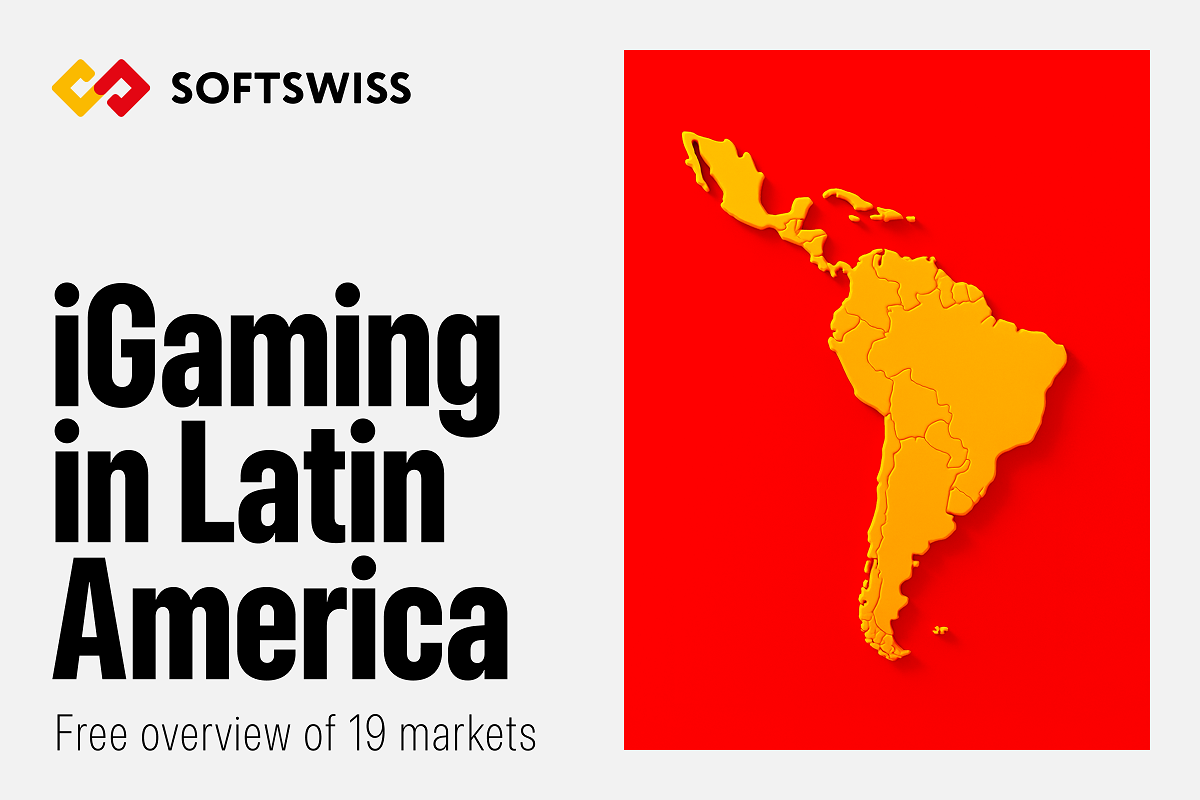eSports
How Esports Teams Make their Money

Esports is a multi-billion dollar industry. Esports is growing in popularity, with tournaments drawing large audiences and teams gaining huge sponsorships from large companies.
The most popular esports games are played globally and have amazing betting guides, with fans from different countries participating and watching them online. Some of the most prominent esports competitions include The International (Dota 2) and League of Legends World Championship Series (LoL).
Esports has been considered to have high growth potential due to its mass appeal and global reach. Esports are on the rise, but one question remains; how do they make their money?
Selling Access to Live Events
A large portion of revenue for esports teams comes from selling tickets or broadcasting rights for their live events. These can range from small in-person tournaments with relatively low production value, for example, the Smash Bros Melee tournaments, to massive stadium-sized competitions.
Another way esports teams make money is by paying players salaries. Teams player’s wages to keep them on their rosters and ensure they stay competitive. This can range from hundreds of thousands of dollars per year for top-tier teams.
Selling Player Merchandise
Selling player merchandise includes everything from player-branded clothing and hats to team-branded accessories. The most common way for this to work is when a player decides to sell their merchandise in addition to representing the team.
Players can sell their brands of gear on their websites, as well as an esports organization selling branded apparel through its online store.
Sponsorships
Sponsorships are the most significant source of income for esports. They’re usually short-term but can also be long-term, depending on various factors. Sometimes they’re monetary, and others are non-monetary.
Local sponsorships can be within one region or province. Regional sponsorships include multiple areas across a continent or country, while national sponsorships are found on a national level in some countries. For example, soccer teams are sponsored by major corporations like Coca-Cola.
These would have local reach and international reach since they’re famous enough to be recognized around the world. Global sponsorships are when you see something like “This video game was made possible by…” at the beginning of your favorite streamer’s videos.
Companies sponsoring a team want worldwide exposure. So, they’ll likely choose someone who has vast followership across all social platforms, such as YouTube Gaming or TwitchTv.
Licensing
If a company wants to sell its product or brand, it must first license the rights to do so. The process is simple; one party grants permission to another party to use a trademark in exchange for money. Licensing is a great way to make money from your brand, and esports are no exception!
Some famous brands that have licensed their products include Coca-Cola and McDonald’s. Licensing can also be used. An effective marketing strategy for expanding your current audience and reaching new ones.
You can provide official apparel, accessories, and other gears that fans can buy online or in stores.
It’s essential for esports because they need all the exposure they can get!
Intellectual property
Intellectual property is the legal right to an idea. It can include anything from a song to a game, and it’s used in esports to protect teams from copycats.
For example, if you had a fantastic idea for a new FPS game with all these great features, but someone took it and published it as their work before you did, they could sue you for using their intellectual property.
There are also non-game-related types of intellectual property like merchandise and music rights. They are sold separately from teams’ sponsorships and streaming deals.
These can be lucrative sources of income for esports teams because they’re unlikely to compete with other projects that have nothing directly related.
Tournaments Winning
Esports can also generate revenue from winning tournaments whenever they compete. Although it’s not a consistent source of income for esports teams since they might not succeed in every game, the tournament winnings can sustain the time.
Players are motivated to stay competitive and win more for the team to run its activities smoothly and for the players to make a sustainable career in the esports world.
Conclusion
Esports, previously considered a fringe activity for nerds, has become a multibillion-dollar industry. Many people are still surprised to hear that it’s possible to make money playing video games, but the truth is that this has been an emerging market for many years now.
Esports’ popularity is growing exponentially, and it will soon be one of the largest entertainment sectors in the world. But how are these players paid? It turns out they have various ways to make their money!
-

 Latest News7 days ago
Latest News7 days agoAnswer the Call of the Wild: ELA Games Unveils Its Latest Game “Buffalo Force”
-

 Asia6 days ago
Asia6 days agoTesla to showcase Model Y with NODWIN Gaming at the thrilling BGMS Season 4 Grand Finals
-

 Compliance Updates6 days ago
Compliance Updates6 days agoSOFTSWISS Compliance Expert Shares Knowledge on AML in iGaming for Sumsub Academy
-

 Africa6 days ago
Africa6 days agoRacing1 is exhibiting for the first time at the Grand Prix D’Afrique
-

 Latest News6 days ago
Latest News6 days agoÅland-Based Gaming Company Paf Becomes Main Partner of the Finnish Ski Association – One of the Most Significant Sponsorship Agreements in the Association’s History
-

 Latest News6 days ago
Latest News6 days agoKaizen Gaming data – FC Barcelona the fan favourite to win the Champions League
-

 Latest News6 days ago
Latest News6 days agoAnimo Studios debuts virtual hosts for live table games starting with Stake
-

 Latest News6 days ago
Latest News6 days agoWeek 37/2025 slot games releases

























